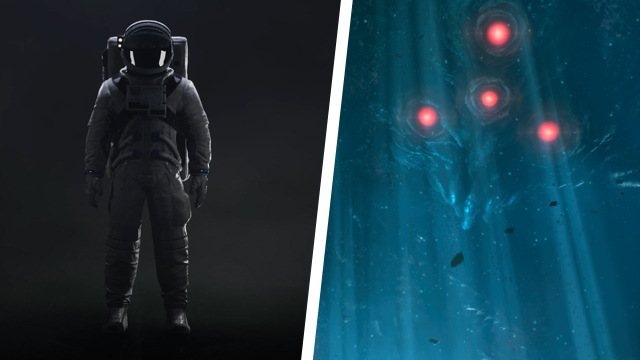Returnal‘s hybrid shooter and roguelite gameplay is mostly why critics have showered glowing praise upon it, but its bizarre story is also worth a similar amount of acclaim. However, the storytelling is mostly told indirectly through flashbacks, weird hallucinations, journals, and audio logs. It’s structured in a way where many people will have different interpretations of it as they…

Atlas is an action-rpg with rogue-like elements where you use your ability to control the ground to fight the enemies and move through procedurally generated worlds.










